Thundercat Stars in The Book of Boba Fett
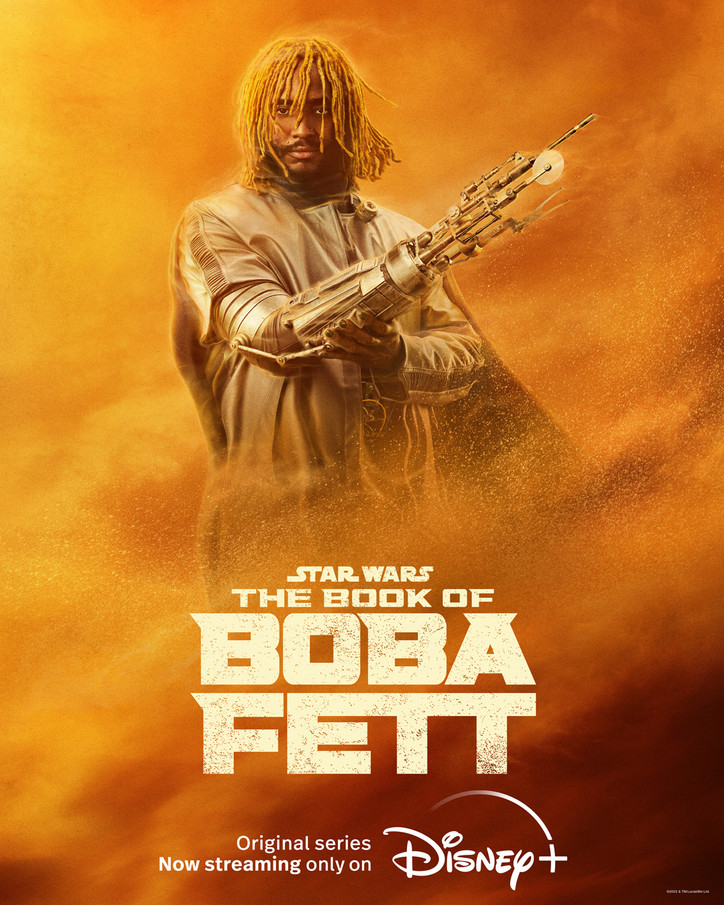
Check out Thundercat in "The Book of Boba Fett" only on Disney+ and catch him on tour this Spring/Summer with Red Hot Chili Peppers.
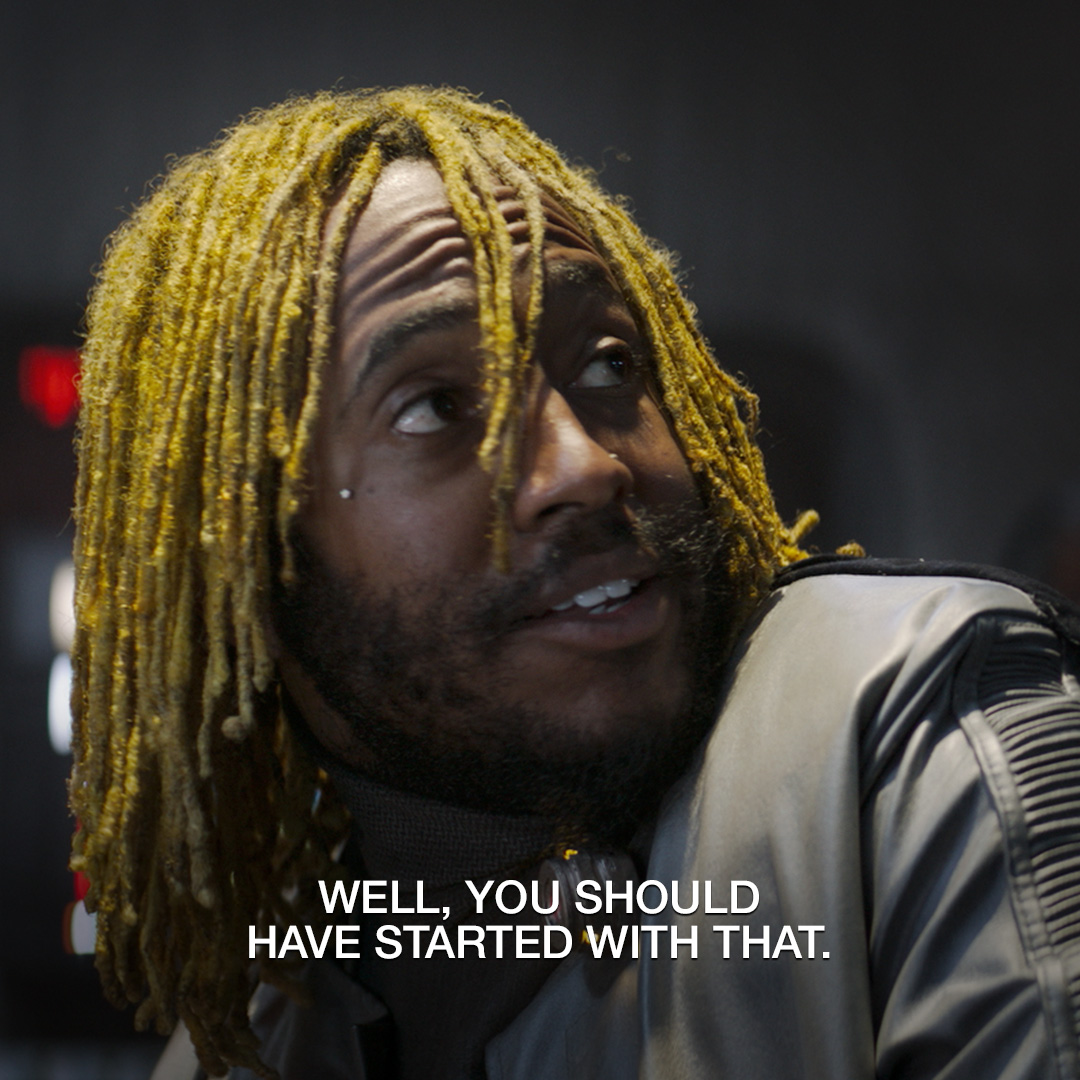
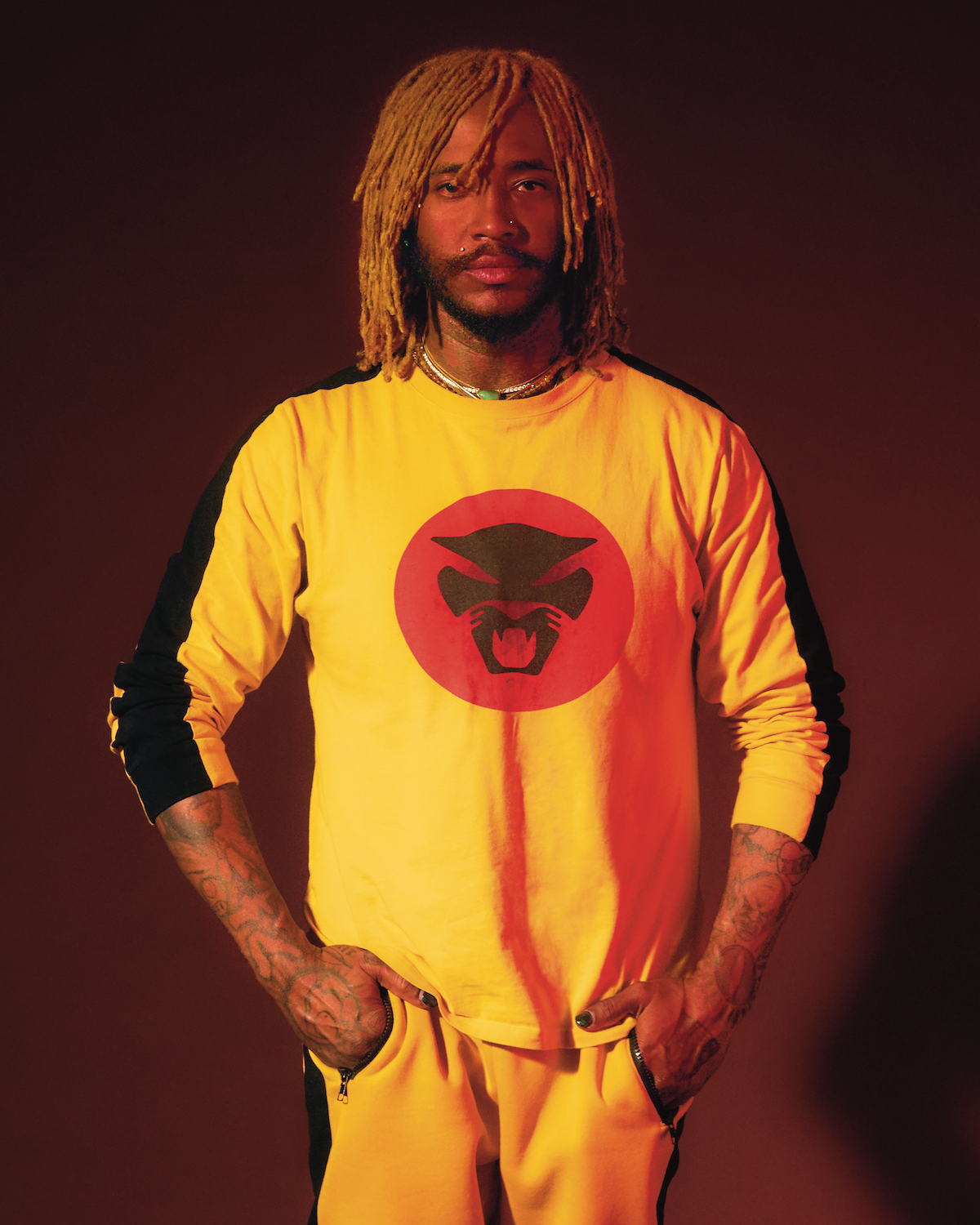
Stay informed on our latest news!

Check out Thundercat in "The Book of Boba Fett" only on Disney+ and catch him on tour this Spring/Summer with Red Hot Chili Peppers.


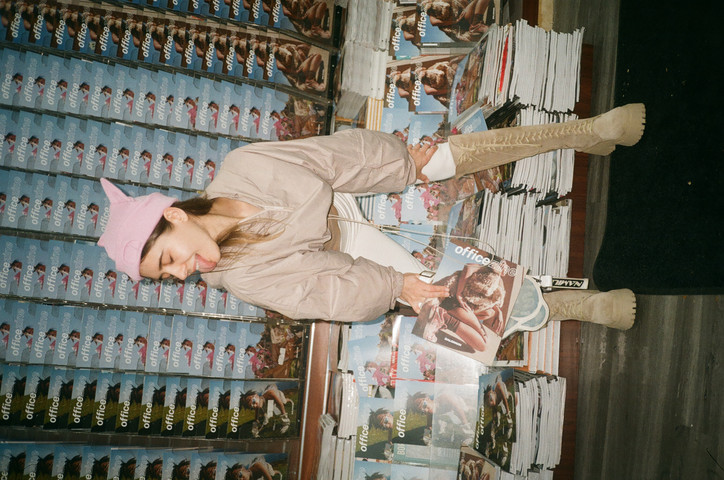
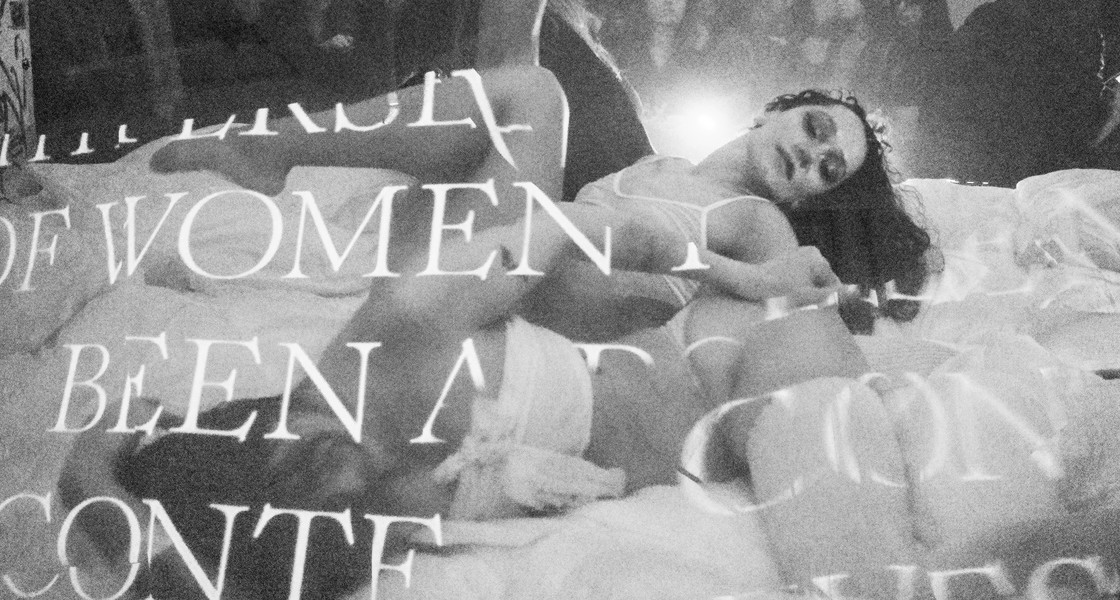
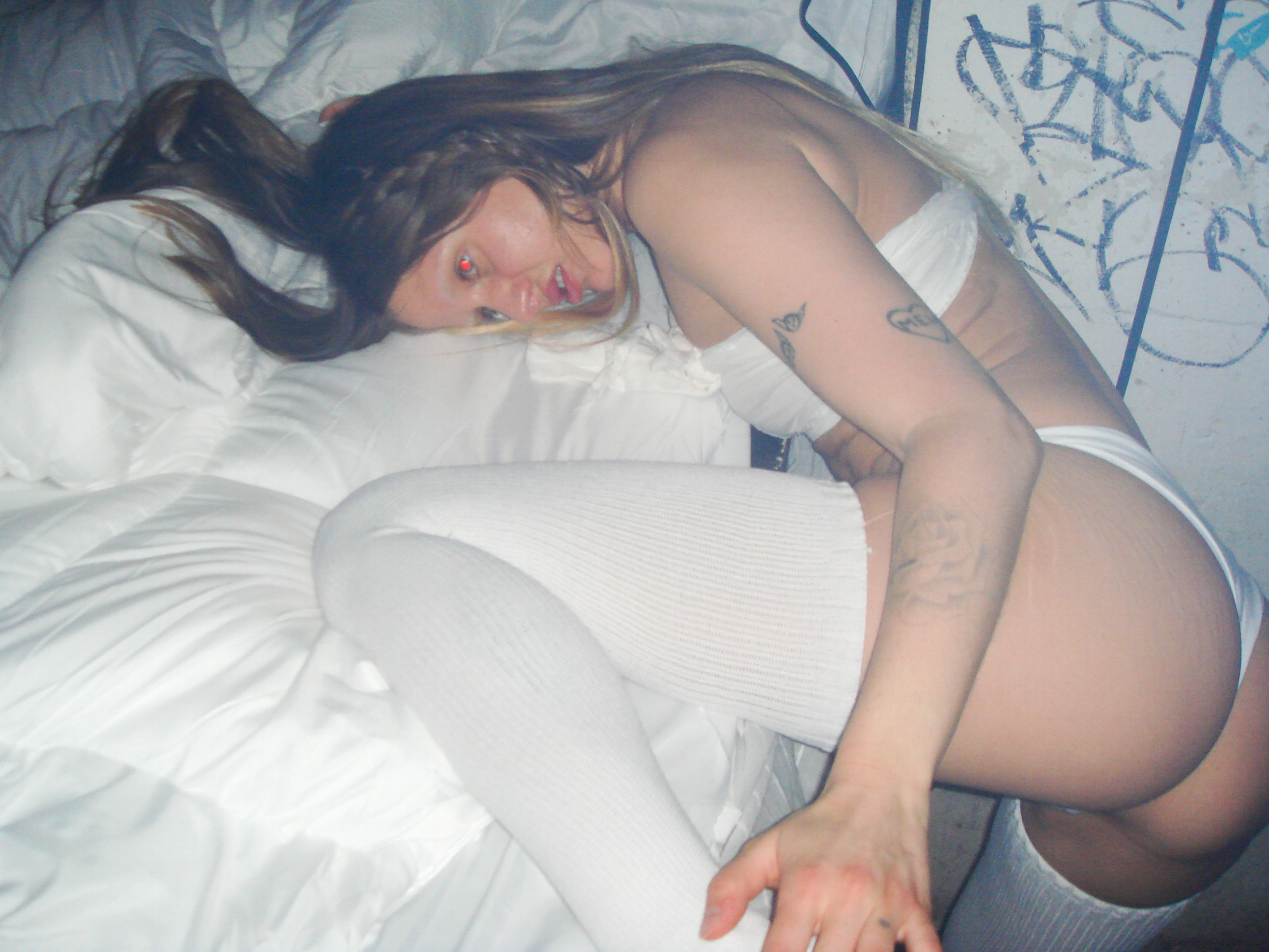
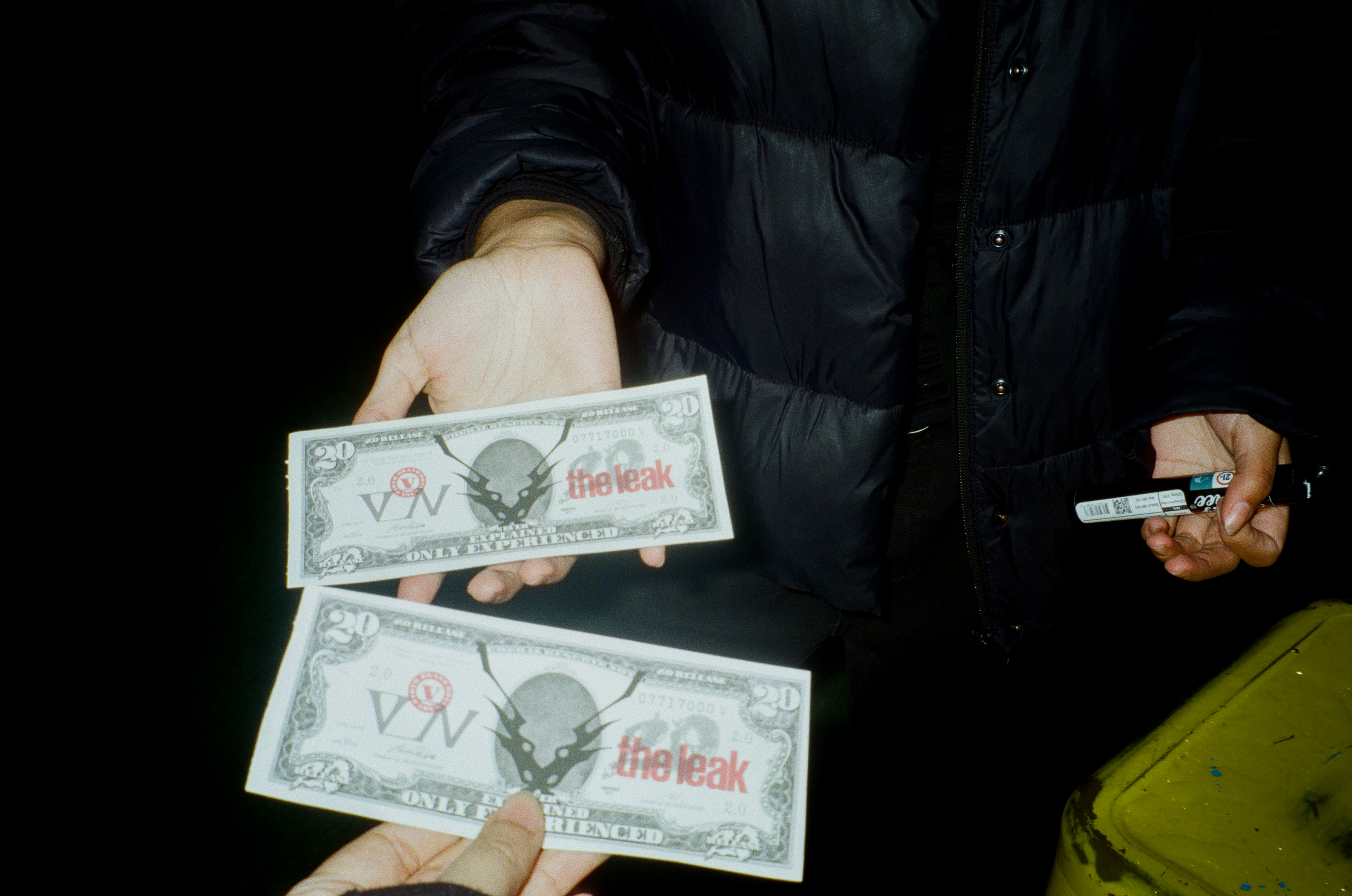
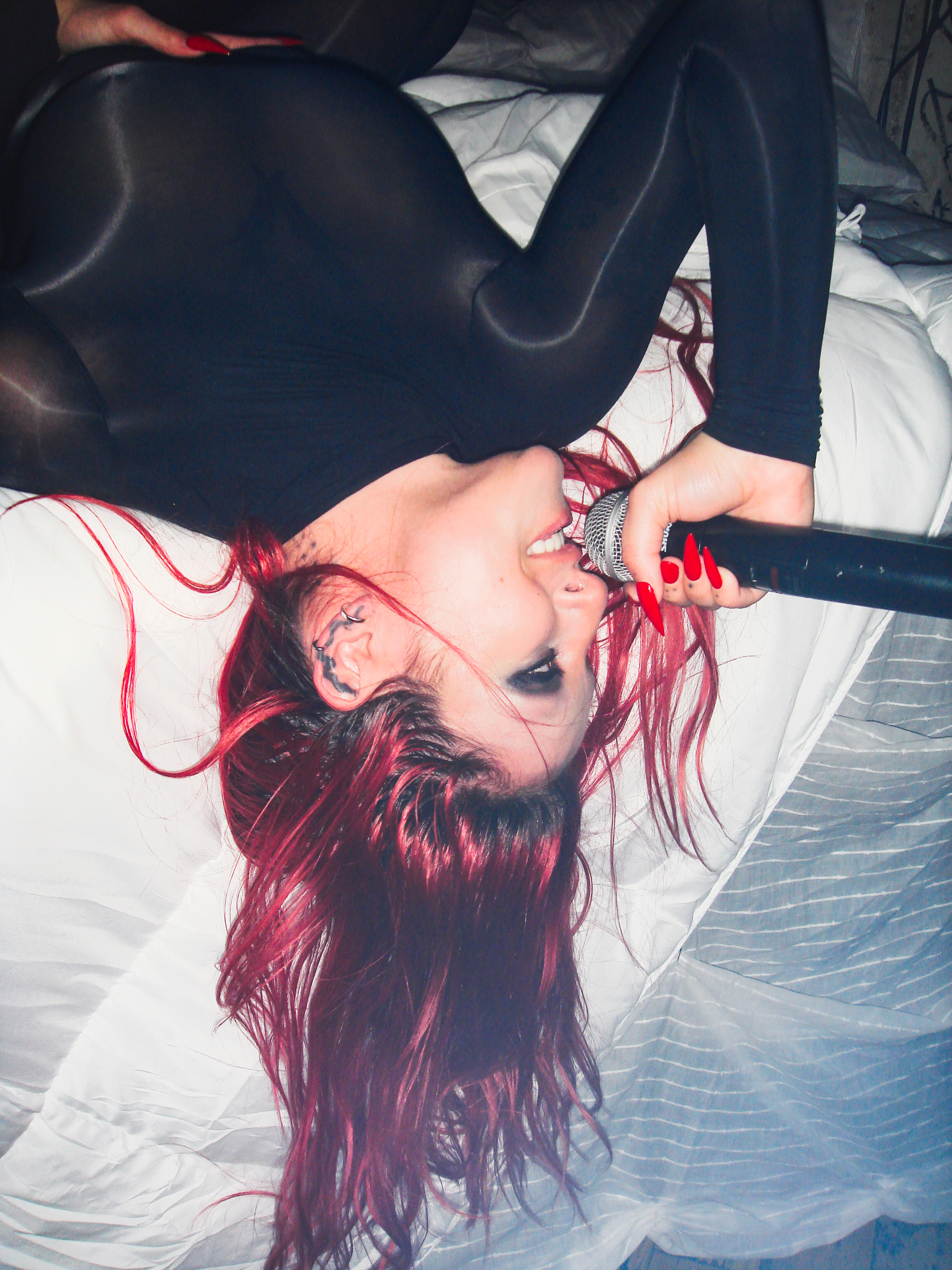
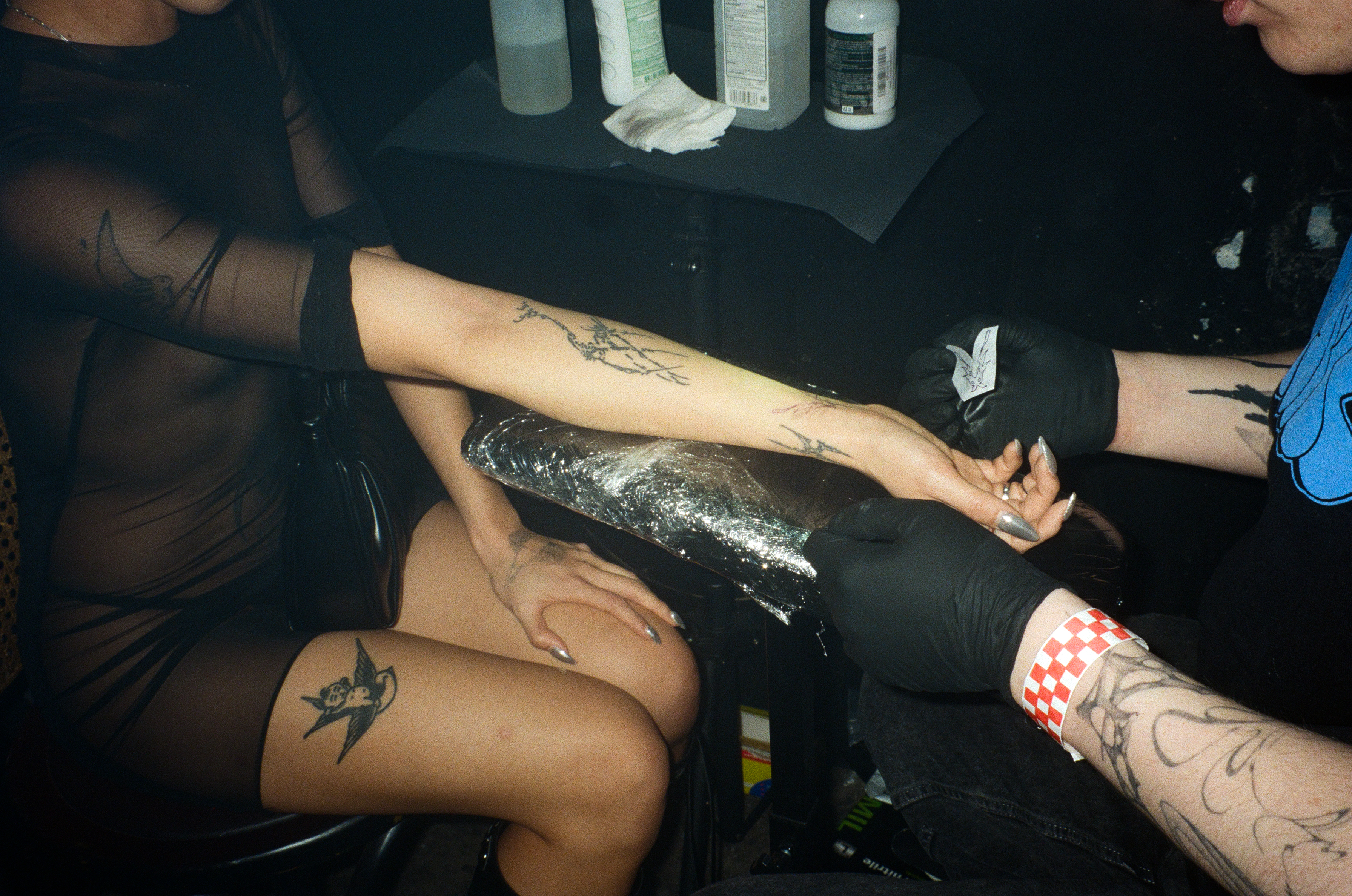
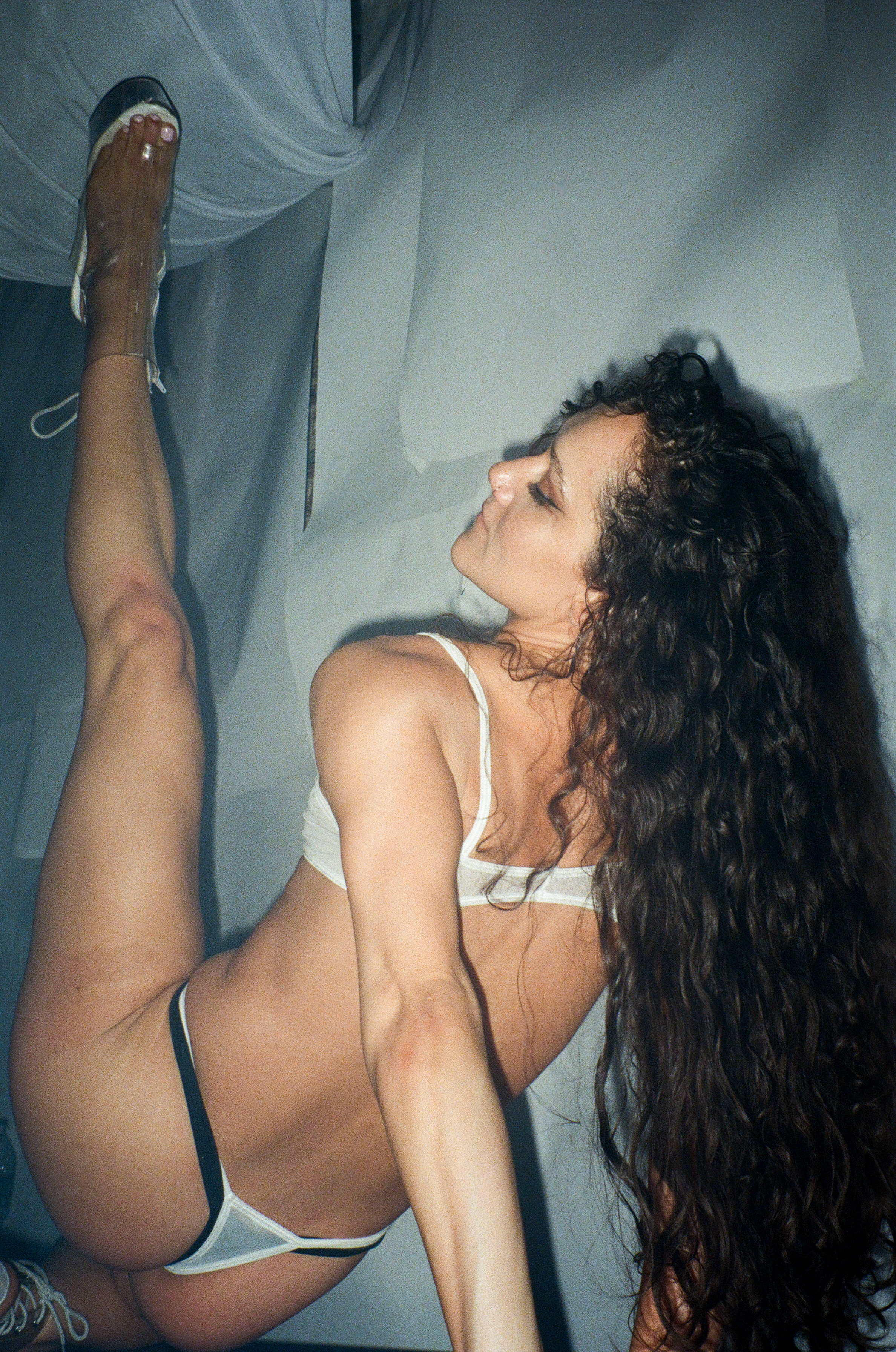
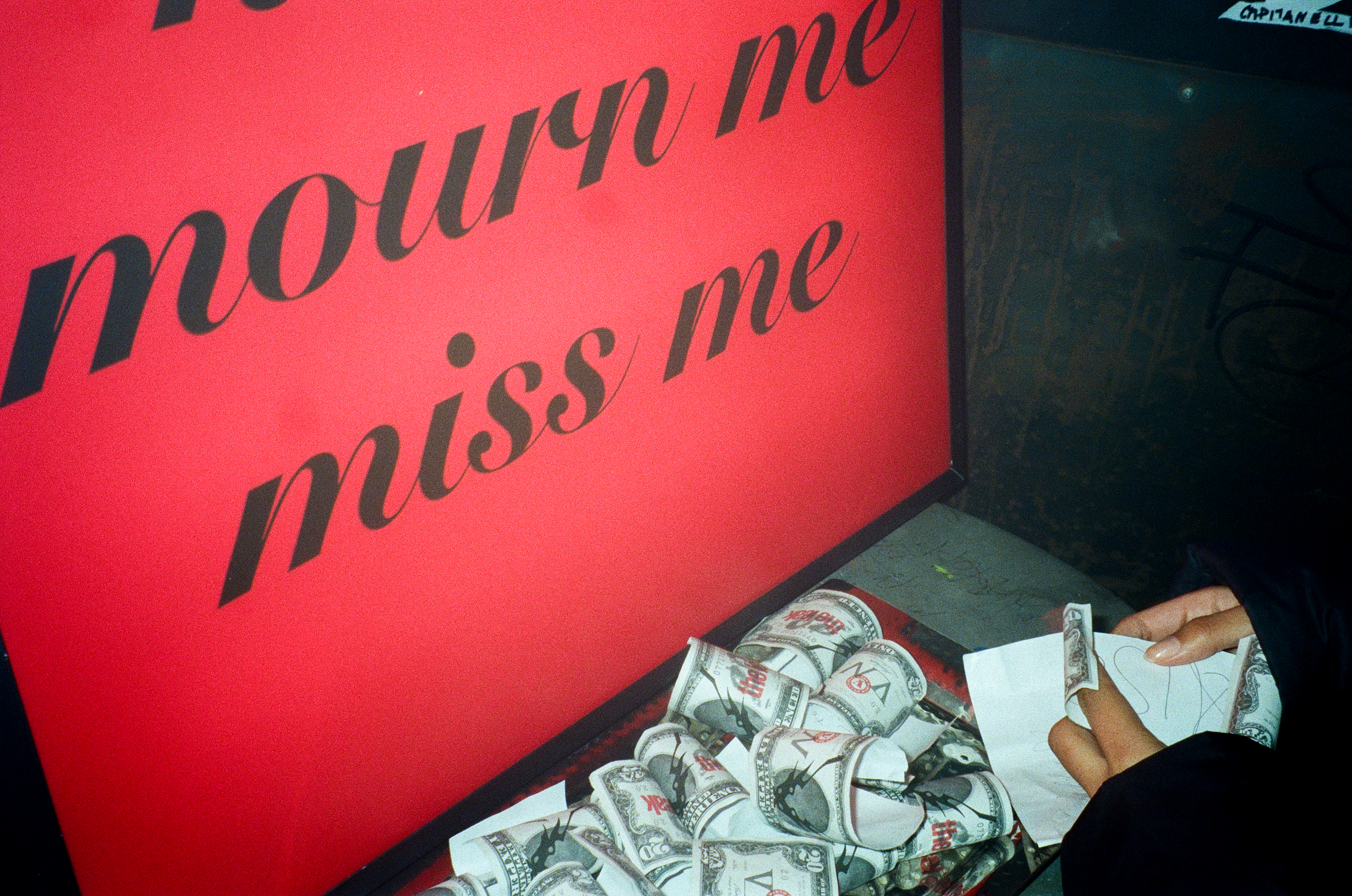
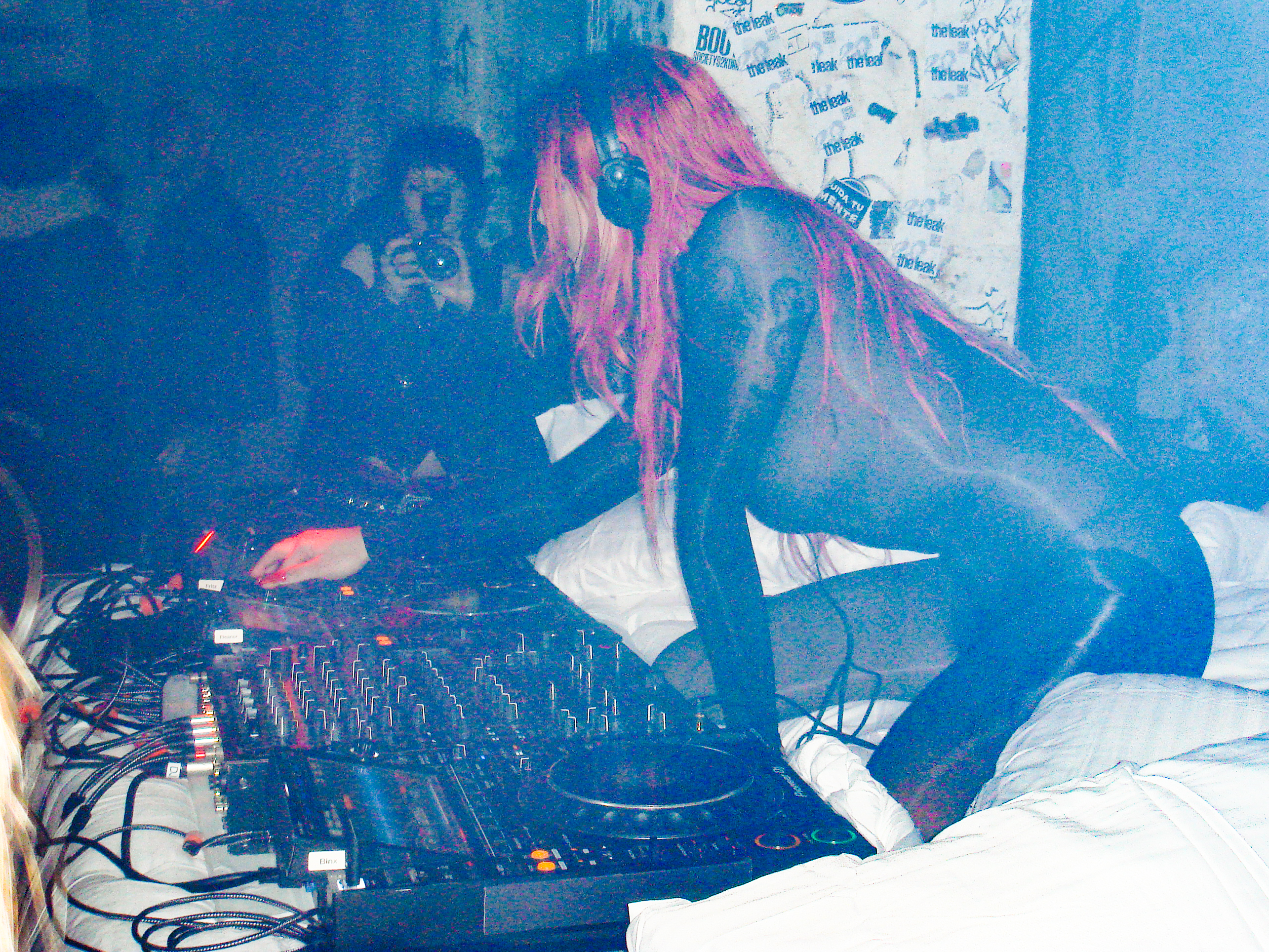
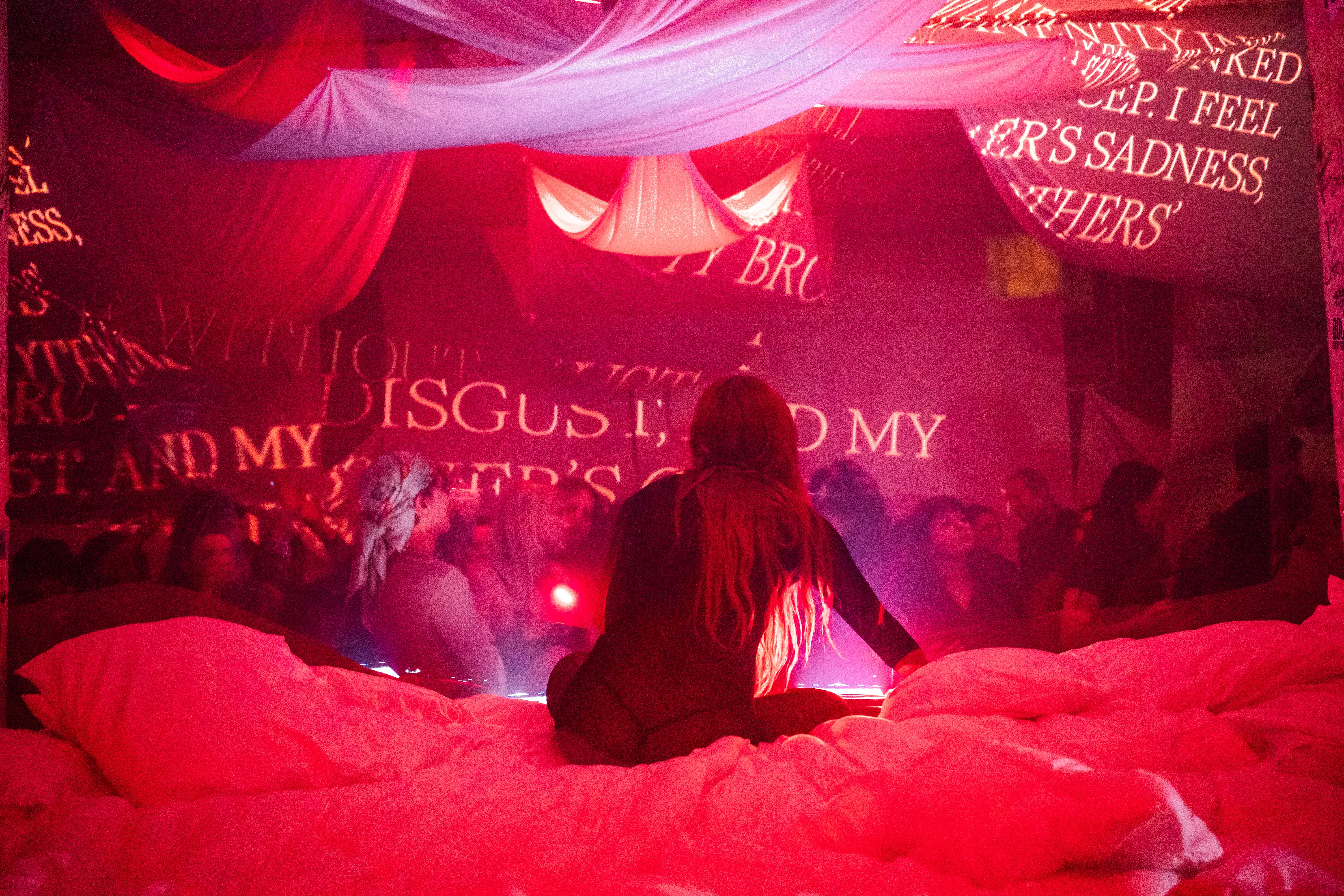
2.0 THE LEAK
In the bowels of H0l0, guests were invited to wander around the fog-filled rooms and enjoy another one of Von’s freakshows produced by Chloe Philips.
“Each event there’s a crazier request than the last,” Philips laughs. “Whether it’s explosions, blood, needles, sex, I’m constantly figuring out niche permits and safety protocols you’d never think to consider.”
Rachel, one of Von’s dancers, traipsed around the space with 30 needles intricately placed into her skin (by @babyrocktattoos) that rounded her back like an S—just a typical body horror moment you can expect from a Von event. "Pain, release, destroy, evolve,” Rachel says. “The continuous testing of my own being—the desire to either find myself or lose parts of who I’ve been. It is the act of knowing, then going further. A reconfiguration of self. Of being.”
In the backroom, tattoo artist Tyler etched 10 lucky fans with the iconic Von symbol—which he tattooed on Von’s chest live at her last event, LABOR where she released the single “MOMMY 2.0.”
“There’s something so intimate about permanence,” Von mentions “Sharing something so intimate, permanence and my art, with other people makes me feel really deeply connected. It’s like such a deep form of mutual affection.”
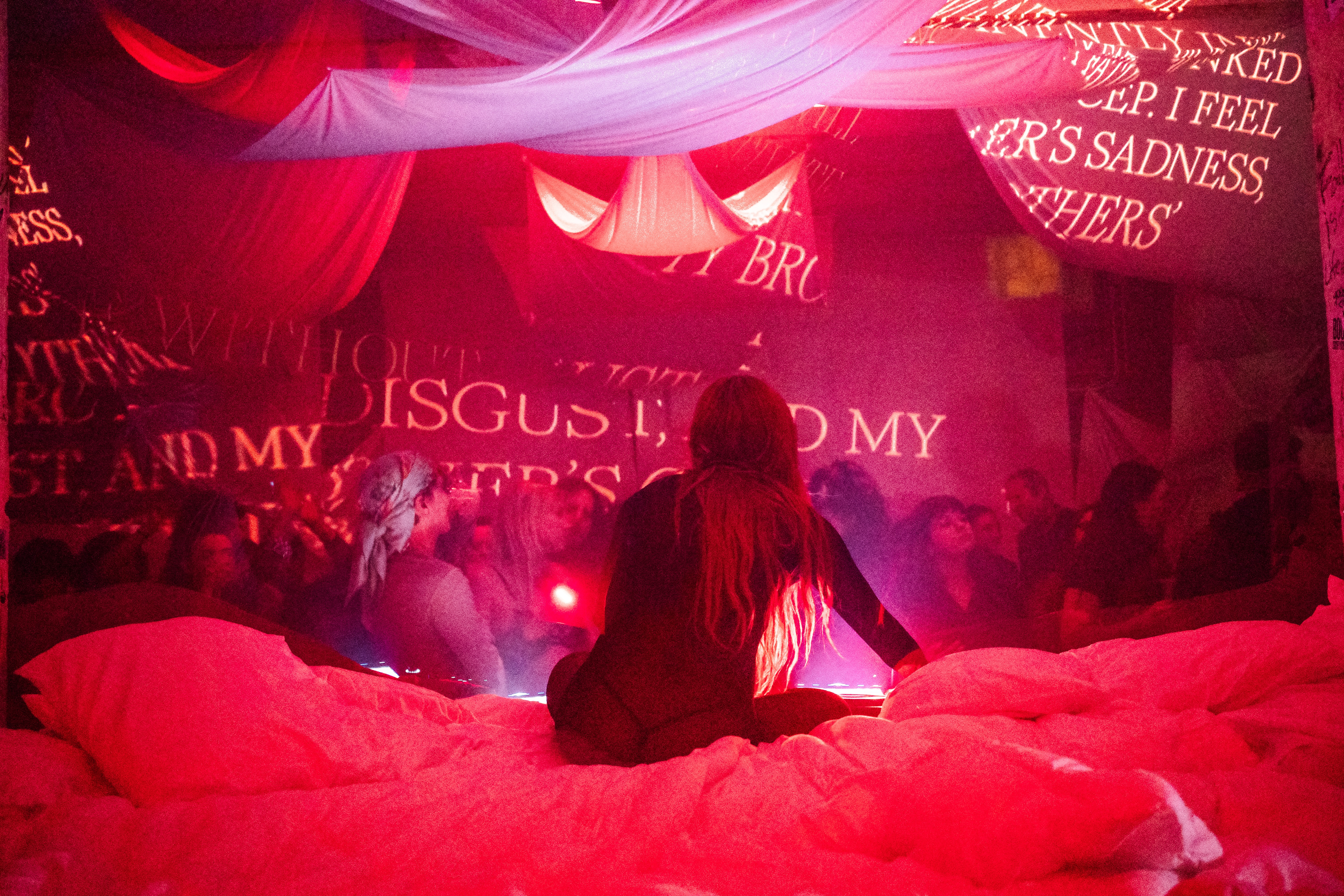
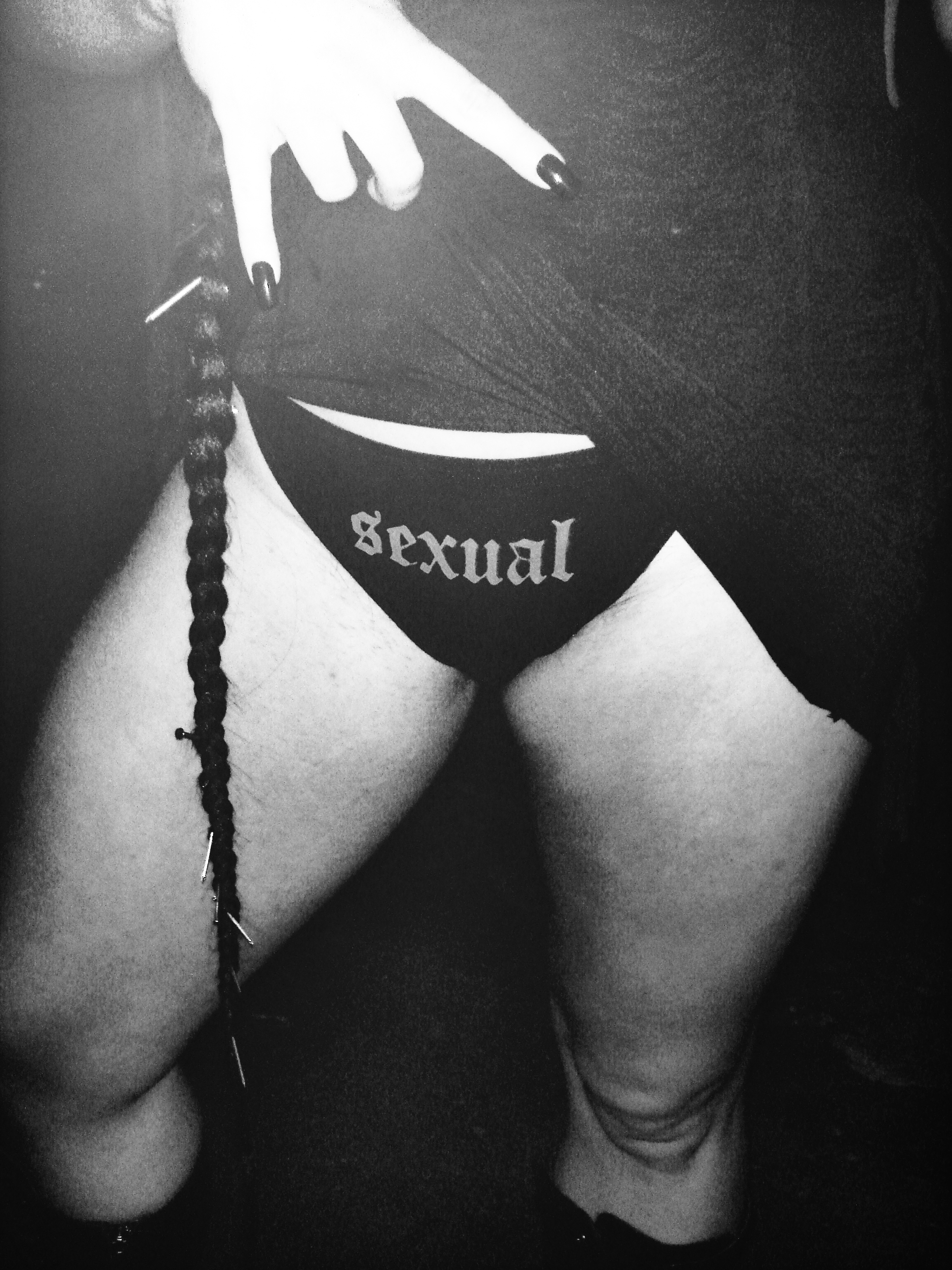
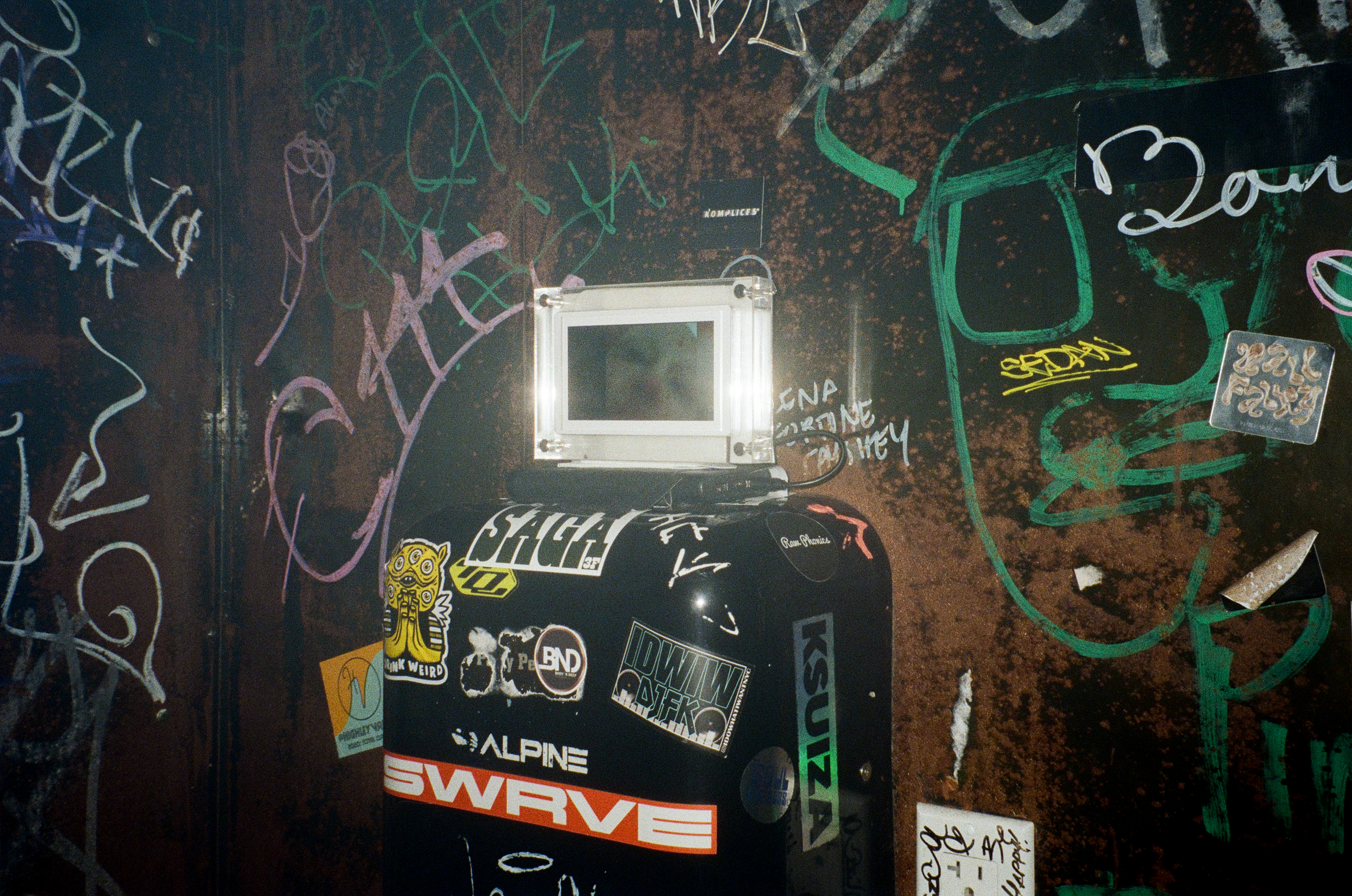
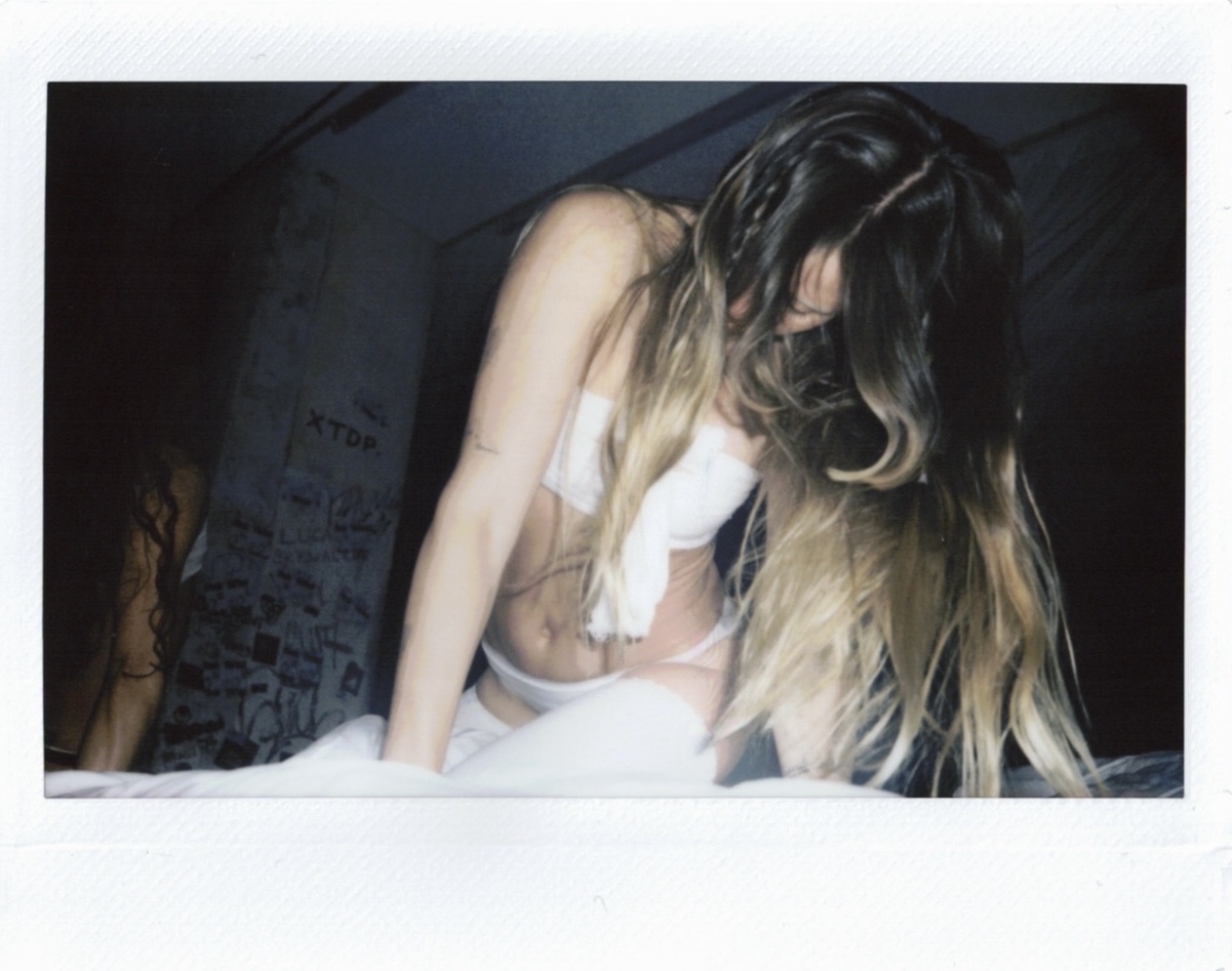
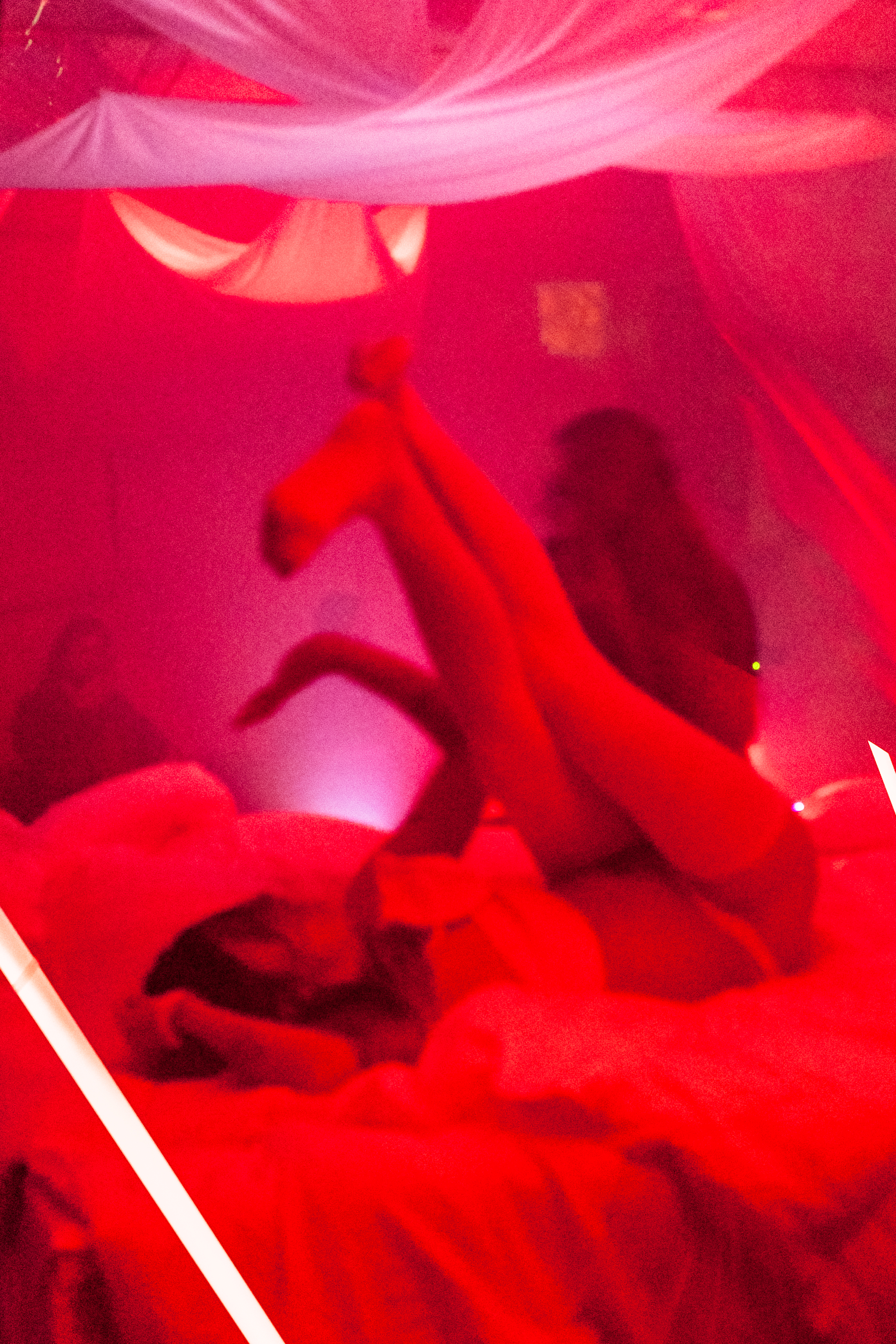
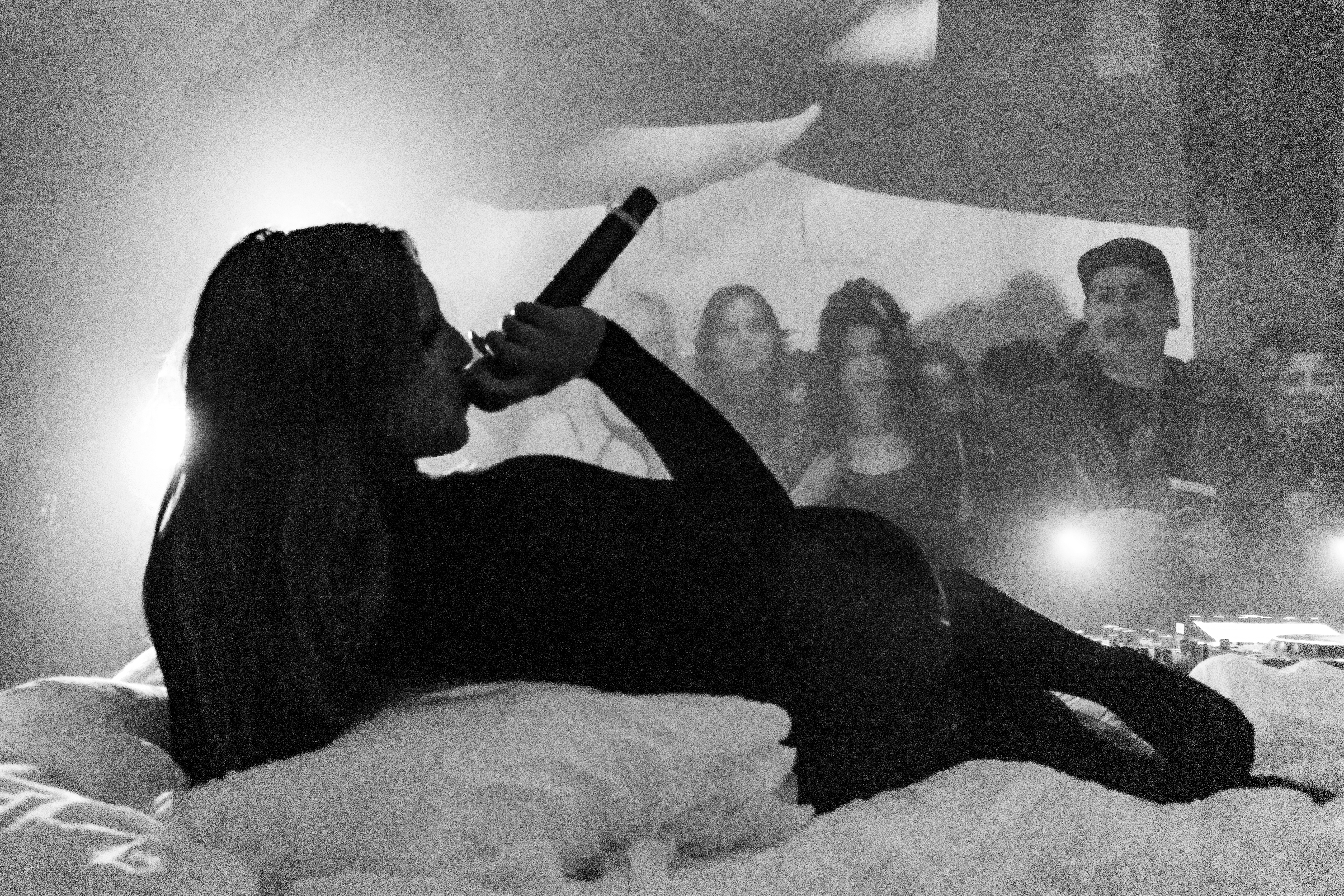
At the heart of the main room the DJ booth was placed atop a California king bed draped in white. Von and a couple of dancers spilled into each other as her sex tape projected around on the walls—like if a boiler room set was a kinky sleepover. Her long red hair whipped around as she performed “TINY BOY 2.0 ft. Ani Klang” and “BLOODHOUND 2.0 ft. Estoc.” The crowd roared and thrashed to her sexy techno-laced music.
Von’s latest spectacle wasn’t just a party or a performance—it was a full-body, full-sensory declaration of creative autonomy. In true Von fashion, THE LEAK wasn’t about scandal, but about surrender—of the body, of narrative control, and of the line between artist and audience. With 2.0, she’s not just releasing music; she’s releasing herself—layer by layer, limit by limit.
And what’s next for Von? “More masochism, art with my friends, and more painful introspection—relentlessly synthesizing all of it together.” Whether through blood, beats, or bodies in motion, Von continues to remind us that art, like identity, is messy, fluid, and radically unfiltered. And that’s exactly the point.